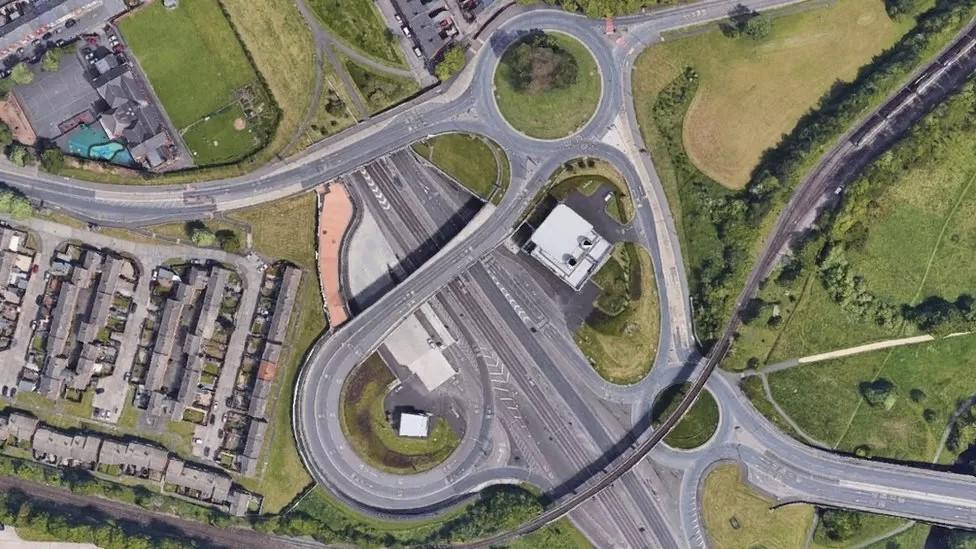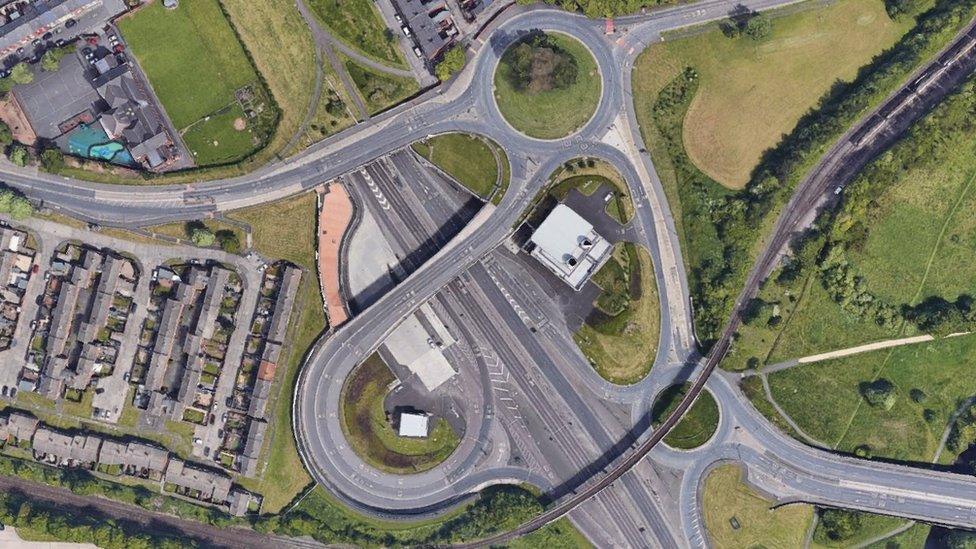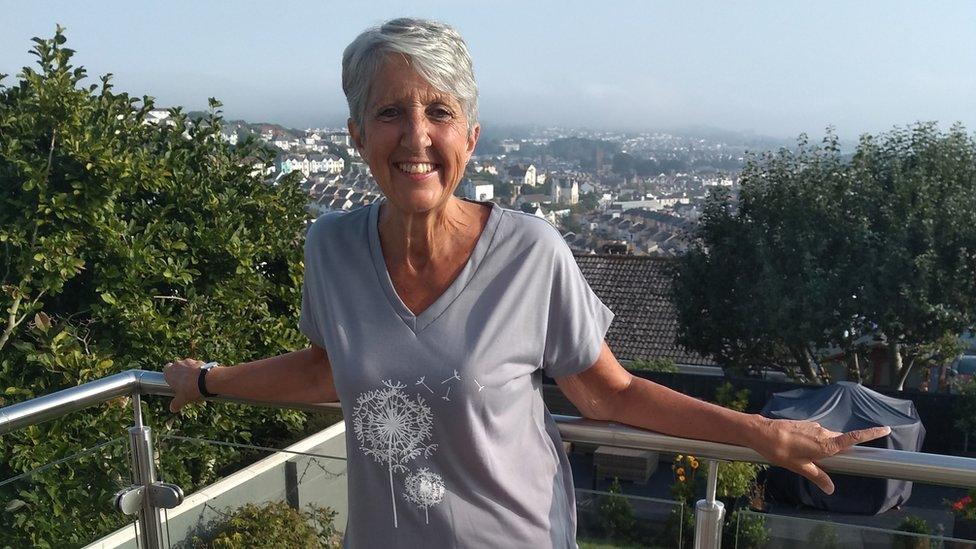Tyne Tunnel payment criticism 'disproportionate'
- Published

A separate review into Tyne Tunnel payment complaints is due this month
Criticism of new cashless toll payments at the Tyne Tunnel has been "disproportionate", a report claims.
The barrierless system opened in 2021 but problems surrounding its payment methods, warning signs and fines have proved unpopular with some drivers.
Those who do not pay by midnight the next day face a £60 penalty, reduced to £30 if paid within 14 days or increased to £100 if not settled within 28 days.
A review for its owners said its main goals have been achieved successfully.
It was conducted by Transport North East (TNE), which manages operator TT2's contract on behalf of the North East Joint Transport Committee and is separate to a review into complaints by watchdog Transport Focus due this month.
The report, external states only 3.55% of drivers in July received fines, compared with more than 5% at the end of 2021 - although that still amounted to more than 56,000 fines in a month, due to a record number of vehicles.
The number of incidents of automatic number plate recognition cameras misreading licence plates, which has resulted in people from across the UK being wrongly issued fines, also dropped from 400 per month when Tyne Pass was launched to 120, it said.
Recommendations include setting up roads that are "easier for drivers to understand" such as a temporary dual carriageway, and amendments to pre-paid accounts that mean drivers must add some funds when setting one up.
The Credit Services Association recently criticised language which "could be considered as misleading and threatening" in letters sent by debt recovery agencies to people who have not paid their toll on time.
TT2 has been asked to undertake regular audits of third-party agencies to ensure that "even in the unpopular area of toll enforcement" it provided "quality customer experience", the Local Democracy Reporting Service said.
The review admits that some aspects of the Tyne Pass "would have been done differently if the system was planned again" and that there was "undoubtedly a learning curve for TT2 and for customers".
But it says the project "achieved its initial aims of reducing carbon emissions, modernising the payment system, creating local jobs and improving journey times".
Philip Smith, CEO at TT2, said there had been "bumps on the journey" but bosses had "constantly listened to customers and issues raised, and responded quickly where we could".

Follow BBC North East & Cumbria on Twitter, external, Facebook, external and Instagram, external. Send your story ideas to northeastandcumbria@bbc.co.uk, external.
Related topics
- Published8 June 2022

- Published29 April 2022

- Published8 March 2022

- Published5 March 2022
